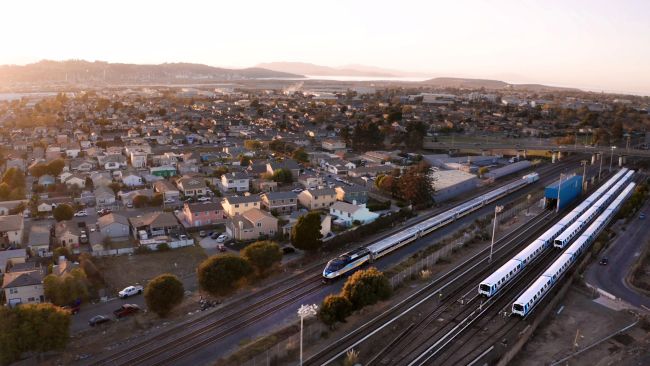In addition to its health and social impacts, the COVID-19 pandemic and the responses from governments around the world have caused, and continue to cause, significant economic disruption, on both demand- and supply-sides of economies.
There are immediate and obvious economic effects of the COVID-19 pandemic, most pronounced in businesses reliant on face-to-face interactions, especially in the hospitality sector and the visitor economy. The people most affected have been low-income families, women, young people and vulnerable groups. The most drastic impacts on employment have often been mediated somewhat by Government support schemes, but many businesses and people are suffering intense economic hardship that will likely have lasting impacts.
The pandemic has forced unprecedented behavioral changes on people, which we are beginning to see the impact of. Remote working has become the norm for many, which has knock-on effects for town and city centers. Footfall and spending in city centers were at a historic low and have remained well below pre-COVID-19 levels even in economies where lockdowns have been eased. The idea of the ‘15-minute community’, where people live, work and shop in compact locales has been observed. How long and to what degree this remains will have lasting impacts on places. Office space demand in towns and cities may not fully recover, which impacts other businesses reliant on the commuter economy. Towns and cities may need to be permanently repurposed.
Economic consulting has always been at the core of our service offer across the globe. As recognized leaders and innovators in economic consulting, we are combining knowledge within different jurisdictions with our technical, analytical and industry sector expertise to support the assessment of the economic effects of the COVID-19 pandemic.
Building on our expertise, experience and forecasting tools, our economic offer is supporting our clients tackle the significant economic challenges they face and, at the same time, identify potential opportunities by:
- Undertaking economic assessments to understand the complex economic impacts of COVID-19 for people, businesses and places;
- Developing interventions to mitigate impacts and catalyse recovery;
- Producing specific action plans for recovery and regrowth; and
- Understanding the strategic threats and opportunities for potential changes to global supply chains and their direct and indirect consequences (and opportunities) for regional and local economies.









